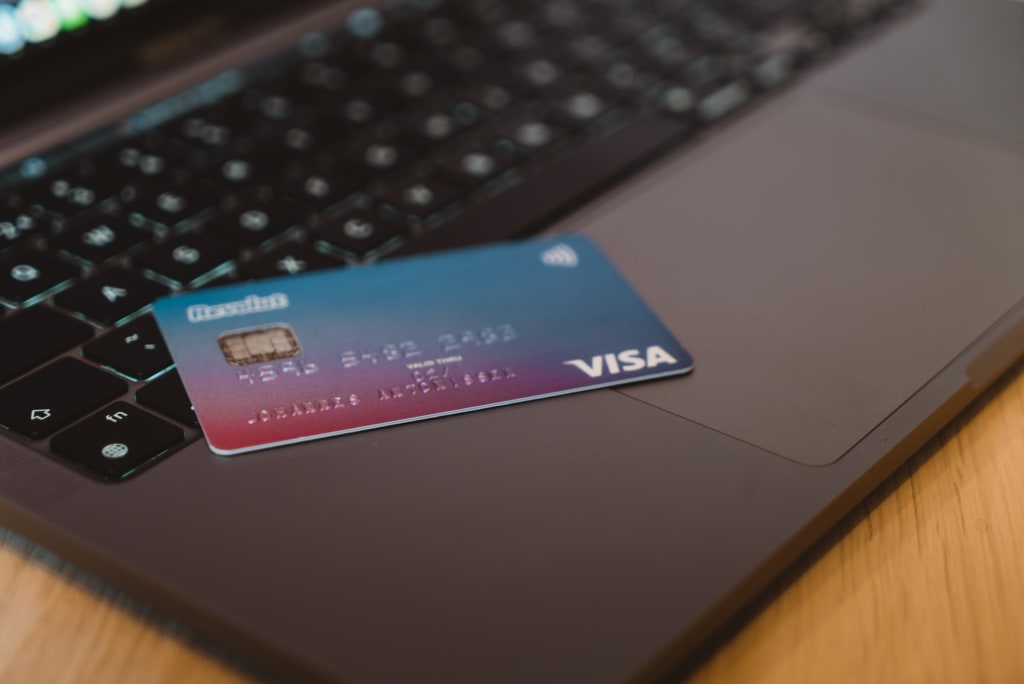How to choose a payment gateway to make your business work better
When dealing with customer payments, merchants must focus on a few key goals in order to grow their business. One of them is establishing a dependable payment gateway.

When dealing with customer payments, merchants must focus on a few key goals in order to grow their business. One of them is establishing a dependable payment gateway.
There's even more! You see, some online payment gateway providers not only provide a payment gateway but also provide additional features that will make your banking and merchant experience more secure and convenient! How will you accomplish this? We're here to explain – keep reading to learn more!
What is a payment gateway and why is it so important
A payment gateway is a necessary tool for accepting debit and credit card payments online because it transfers data from merchant websites to payment processors.
This is how it works: a customer wants to buy something online, so he adds the item to his cart and enters his credit card information. A payment gateway collects this information, encrypts it to ensure its security, and sends it to a payment processor.
It then sends the information to the acquiring bank, which forwards it to the card association and the issuing bank (the cardholder's bank). The latter approves or rejects the transaction. The transaction status information is then transferred back to the payment gateway, which notifies the merchant and the customer. All of the described actions occur in a matter of seconds.
As a result, payment gateways are critical for electronic transactions. Gateway providers make the environment more secure for both customers and merchants by encrypting card information for the former and verifying the information and examining velocity patterns to protect merchants from fraud.
Now that you've learned the fundamentals of payment gateways, let's look at how selecting the right tools can help your business grow.
How the right payment gateway can make a business work better
It is easier to explain how a payment gateway can affect your company's business performance now that you understand how it works.
For starters, a good gateway provider makes transactions between customers and merchants more seamless. This, in turn, contributes to the company's positive reputation and the expansion of its client base.
Another benefit is that payment gateways typically detect fraudulent transactions. They accomplish this through the use of double customer authentication as well as other fraud prevention tools. Furthermore, they provide a more secure environment for transactions in general. It is critical for your company: you want to keep the number of fraudulent transactions as low as possible in order to avoid revenue losses and chargebacks.
You can also broaden your international clientele by accepting traditional (Mastercard, Visa, etc.) and alternative payment methods from around the world, in different currencies.
Many gateway providers also provide additional tools to help you track your business's performance.
Key features to look for when choosing a payment gateway
The right integration method
There are several methods for integrating a payment gateway to accept payments. Let's go over them all to see which one best fits your business model:
The hosted payment gateway. On the technical side of things, this is a simple method because the payment gateway coexists with the website externally. When a customer purchases something from the merchant's website, they are redirected to the gateway provider's website to complete the transaction. Merchants are not required to maintain the best online payment gateway or comply with regulations. However, not all customers like being redirected to other websites when purchasing something online, and you don't have as much control over the gateway as you might need. This is a more common solution for small businesses.
The direct post method. This one falls somewhere between the hosted gateway and the method we'll discuss next. Simply put, the direct post method allows merchants to customise the checkout page however they see fit. As a result, your customers will only shop on your website and will not be redirected to other sites. Merchants are also not required to store their customers' data: after a customer clicks the "buy" button, the transaction details are redirected to the payment gateway's website. Unfortunately, these types of transactions are not as secure and can be hacked.
The non-hosted method. This method involves handling transactions entirely on your website, and you have even more control over gateway customization and overall payment control. The disadvantage is that you will need to invest more money to keep such a payment gateway operational. To be able to deal with customer data, your company will also need to go through the PCI DSS audit. On the plus side, this will make your website much more secure, allowing you to better protect your revenue.
24/7 Customer Support
It may not appear to be a decisive factor when selecting a payment gateway (or a PSP/acquiring bank for that matter). However, having a quick-response, effective customer support team on your side is critical during an emergency.
Consider the following scenario: your customers attempt to purchase something from your website, but your payment form remains inactive. You don't want to lose any customers, so act quickly. You don't want to send any emails. That's when having the ability to contact the support team at any time comes in handy!
Security
Check that the gateway provider has the necessary security measures in place to protect your data and your customers' money. Payment gateways must at the very least adhere to the Payment Card Industry Data Security Standard. PCI DSS is a set of rules that must be followed by any company/financial institution that processes, stores, or transmits cardholder data.
A payment gateway should provide 3D Secure 2.0 protocol services to merchants (aka 3DS2). Customers must pass a double authentication process to ensure that they are the rightful cardholders. It significantly reduces fraudulent transactions.
When selecting a payment gateway, ensure that it provides additional fraud protection and chargeback prevention services. These features can significantly improve your company's chances of future growth.
Fees and charges
Payment gateways, like all other services, have a cost associated with them. Typically, it boils down to three factors: a setup fee, a fee per transaction, and a monthly fee. Keeping this in mind, you must determine the volume and value of your transactions. It will allow you to calculate how much money you will spend each month on the gateway provider's services.
However, keep in mind that the more features a gateway provider provides, the higher the fees you will have to pay. Remember that low-cost services are not always the best option.
Moreover, if your business falls under the high-risk category, you are more than likely to pay extra, as financial institutions, unfortunately, take greater risks working with you.
About the Creator
Amit Kumar
Full-time thinker & part-time writer...






Comments
There are no comments for this story
Be the first to respond and start the conversation.